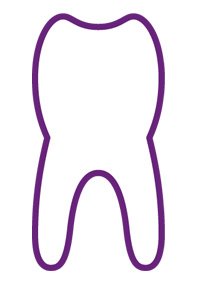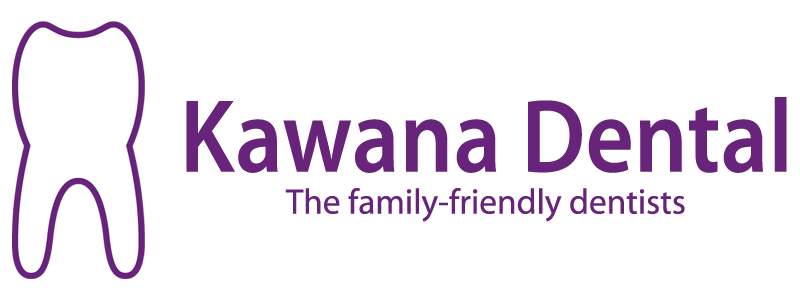30 Oct Dry Mouth
Oral Care Recommendations For a Dry Mouth
Xerostomia or dry mouth often occurs in many varied medical conditions such as Diabetes, Sjogren’s Syndrome, Lupus, Arthritis, HIV infection, Hepatitis C and others. It can occur when taking any one of 300+ over the counter or prescription medicines or following medical treatment such as radiation therapy for a cancer of the head or neck region and chemotherapy to any part of the body. Saliva is extremely important to the health of your mouth. A serious side effect of having a dry mouth is breakdown of fillings, rapid tooth decay and loss of teeth which can impact on function and appearance.
Without saliva to wash away food debris and buffer the acid levels in your mouth, tooth decay can develop quickly around the edges of your teeth and may lead to dental abscess formation and the need to have teeth extracted. Having a dry mouth can also impact on getting a good night’s sleep, which is important for you if you are unwell.
Dehydration is the most common cause of dry mouth. Drink at least 1.5 lires of water a day. This should be drunk a glass or half glass at a time. It should not be sipped. Sipping washes away the protective saliva & makes the teeth more susceptible to decay & can paradoxically make the mouth feel more dry.
The following recommendations will help limit the dry mouth. If you have a dry mouth you should see your dentist regularly. Looking after your teeth for life can be hard at the best of times – if you have a dry mouth it is even harder.
Daily Regime Suggestions For A Dry Mouth
Upon Waking
On first waking, drink a large glass of water. Now make up a Sodium Bicarbonate Mouth Wash by adding half a teaspoon of Baking Soda to a glass of water. If the taste is too strong dilute the baking soda further (keeping in mind the more it is diluted, the less effective the solution will be). Rinse mouth with Sodium Bicarbonate mouth wash and spit it out (don’t swallow). Don’t rinse with water afterwards.
Eat Breakfast
Clean teeth (brushing, flossing interproximal brushes – whatever the appropriate brushing regime). Neutrafluor 5000 toothpaste should be used. After brushing rinse lightly. Vigorous rinsing reduces the benefits of the Neutrafluor 5000.
During the day
After eating throughout the day clean your teeth with Neutrafluor 5000. Drink water as required and chew sugar-free gum as required. Make sure the gum is sugar free and acid free. It should not contain lemon, or orange or citric flavoring. The recommendation is to use Recaldent Chewing Gum.
Before Bed (after eating)
Use the Sodium Bicarbonate mouth rinse.
Clean teeth, as per cleaning regime, using the Neutrafluor 5000 toothpaste. Spit out until comfortable. Only rinse lightly to leave slight residue on teeth for protection.
Apply Tooth Mousse or Tooth Mousse Plus to the teeth. This is done my smearing it onto the teeth with a finger. Leave the mousse on the teeth- don’t spit or rinse.
If you feel thirsty during the night feel free to drink a glass of water, as frequently as necessary.
Toothpaste
Most toothpaste contains the foaming agent Sodium Lauryl Sulphate, or SLS, which has been found to cause irritation in sensitive mouths. Toothpastes containing SLS should be avoided if you have sore mouth (mucositis), oral ulcers or dry mouth. Biotene ‘Dry Mouth Toothpaste’ is SLS free, contains fluoride and important salivary enzymes. Pronamel from GSK is also SLS free. If it doesn’t cause discomfort Colgate NeutraFluor 5000 plus, although not SLS free, is also recommended for dry mouths. If you have gum disease use Curasept ‘gel Toothpaste’. It is SLS free contains .12% Chlorhexidine Gluconate which is effective against the wide range of oral microorganisms implicated in gum disease.
Mouthwash
A warm salt water or sodium bicarbonate mouth rinse may improve oral comfort if you have mild irritation or a sore mouth. If you want to use an anti-bacterial mouthwash chose one which DOES NOT contain alcohol or phenol if there are symptoms of dry or sore mouth.
A dry mouth caused by medications or medical conditions can be helped using special gels or rinses designed to hydrate the mouth. Ask your dentist or hygienist about these.


